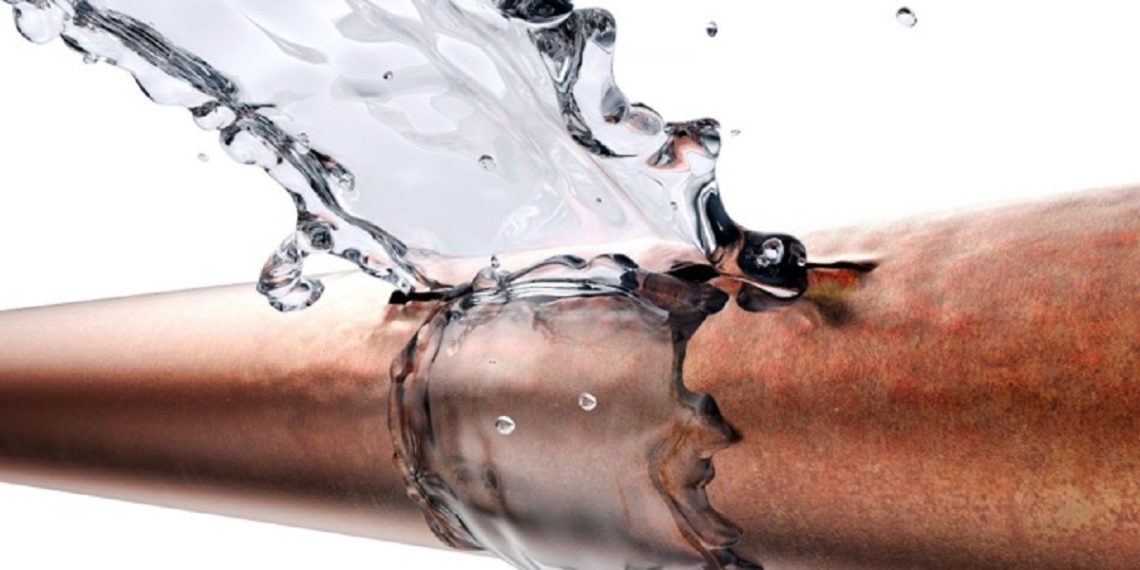Pipe relining is a cost-effective and non-invasive solution to replace or repair broken, cracked, and damaged pipes.
It involves inserting an epoxy resin liner into the existing pipe without digging up your property.
This process is suitable for small projects such as water supply lines in bathrooms and larger ones like sewer and storm drains. The liner creates a barrier that prevents further damage while providing superior strength and durability against future wear and tear.
Let’s explore pipe relining as we discuss the benefits of relining your pipes.
Why Choose Pipe Relining
Relining pipes is a great way to repair or replace damaged pipe sections without removing and replacing them. Inserting the epoxy resin liner ensures superior strength and durability, preventing future wear and tear.
Pipe Relining is Cost-effective and Fast
One primary advantage of this method over traditional pipe repair methods is the speed and cost-effectiveness. Since the process requires minimal digging, hiring heavy machinery for excavations is no longer necessary, saving time and money.
Pipe relining also has a faster turnaround time than replacement. The experts complete most projects in under 4 hours and with minimal disruption.
Furthermore, the inner lining forms an internal waterproof barrier that ensures long-term protection for your pipes.
Due to its superior strength and durability against wear and tear, pipe relining provides increased longevity, saving you money on costly repairs later.
Pipe Relining eliminates blockages.
Tree roots are among the most common causes of clogged drains and damaged pipes in homes. Relining your sewers and pipes is an excellent way to deal with such issues caused by tree roots or other foreign objects. Read a guide to know when do you need sewer line replacement services.
A Townsville plumber from our team is your go-to expert for everything from routine maintenance to emergency repairs. Fact: Townsville’s tropical climate can lead to unique plumbing challenges, such as rapid pipe corrosion, making regular inspections vital for system longevity.
You can ensure structural reinforcement by inserting an inflatable lining inside the pipe. Epoxy resin, a popular pipe relining material, is durable and resistant, forming a tight seal that protects your pipes from water damage and corrosion.
The new waterproof barrier prevents any further damage from occurring. This makes it an ideal choice if you’re looking for a long-term solution to avoid future problems within your plumbing system.
Pipe relining also prevents further ground erosion, which can occur when you replace pipes using traditional methods such as excavation or heavy machinery.
Pipe Relining prevents corrosion and rusting.
The liners used in pipe relining are highly resistant to rusting, corrosion, and extreme temperatures.
Besides Epoxy resin, experts also use Cured-In-Place Pipe (CIPP) and high-density polyethylene (HDPE).
Cured-In-Place Pipe (CIPP) liners contain plastic tubes like polyethylene, which are resistant to root intrusion, wear and tear, chemical leakage, corrosion, and rust, making them durable options.
On the other hand, high-density polyethylene (HDPE) delivers superior strength. This material is resistant to alkaline and acidic chemicals that often cause pipes to deteriorate over time. Your pipes will become stronger, gaining the ability to withstand extreme pressure and temperature changes.
Overall, pipe relining offers many advantages over conventional solutions when dealing with broken pipes or blocked drains. These outstanding benefits include more cost-effectiveness, quicker turnaround times, and increased durability and longevity for your future peace of mind.
Pipe relining is a cost-effective and non-invasive solution that provides superior strength and durability against wear and tear while reducing damage caused by foreign objects like tree roots.
Its fast turnaround time makes it an ideal choice for any homeowner looking for a long-term solution to repair or replace broken pipes without costly excavation methods.
Additionally, the materials used in this method – such as epoxy resin, CIPP liners, and HDPE piping– are more flexible than traditional piping materials. They ensure increased longevity even under extreme temperatures or pressures.
All these advantages make pipe relining an excellent permanent solution for blocked drains, and broken or damaged pipes.


